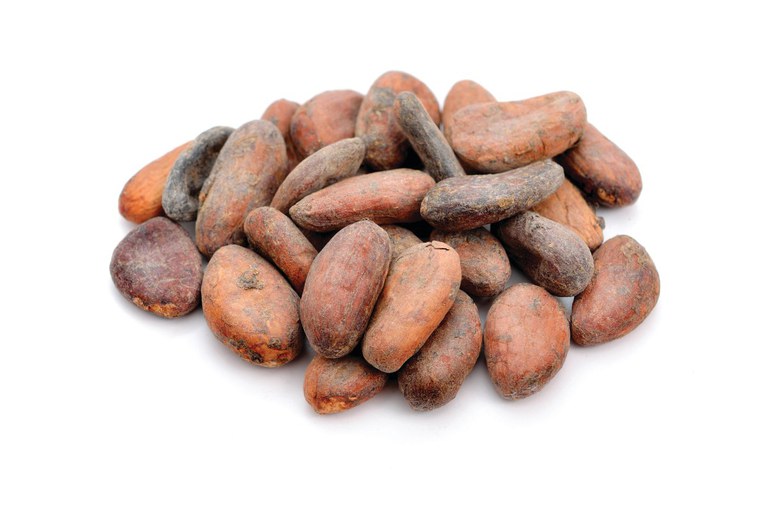Posted: November 30, 2023
Processing doesn't cut cocoa's health benefits
It is widely believed that when foods undergo processing, their health benefits are reduced. But that is not true for cocoa, according to a Penn State-led team of researchers, who conducted a new study using a mouse model.
To make chocolate, cocoa beans typically undergo fermentation and roasting, processes that can affect their polyphenol content — the compounds that provide health benefits, explained Joshua Lambert, professor of food science and research team leader. But results of this study indicate that processing does not reduce the health benefits of cocoa.
"In fact, just the opposite," said Lambert, who is co-director of Penn State's Center for Plant and Mushroom Foods for Health. "We found that some of the most processed samples seemed to have the largest positive impact on mice in this research."
In findings published in the Journal of Nutritional Biochemistry, the researchers reported that treatment of mice with dietary cocoa powder for eight weeks reduced the rate of body weight gain in both male and females by up to 57%, regardless of fermentation and roasting protocol.
This research is important, Lambert contends, because a significant proportion of the world's population has preexisting obesity and non-alcohol-related fatty liver disease.
—Jeff Mulhollem
Features
Fostering Forests
Across the United States, forests face unprecedented threats, and scientists in Penn State's College of Agricultural Sciences are conducting novel and complex research to conserve them.
Buzzing With Purpose
Community scientists work to protect Pennsylvania's wild bees
Conservation Reimagined
Exploring new approaches to cope with a changing climate



